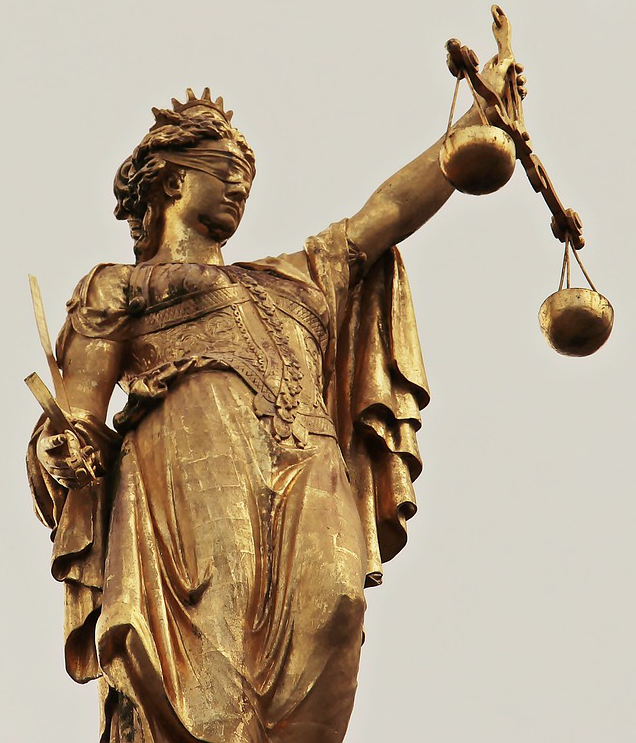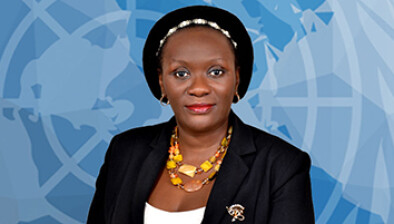First-ever convictions for human trafficking handed down

Ireland’s first-ever convictions for human trafficking have been handed down against two women in Mullingar Circuit Criminal Court.
Alicia Edosa, 44, and Edith Enoghaghase, 31, were found guilty of offences relating to human trafficking, prostitution and money laundering on various dates between September 2016 and June 2018.
Welcoming the convictions, Hildegarde Naughton, minister of state for civil and criminal justice, said: “Human trafficking is a particularly cruel crime, based on deception and exploitation of vulnerable people, and it is hidden.
“Due to its hidden nature, it is very difficult to detect and investigate and I would like to commend the members of An Garda Síochána for their hard work in investigating and obtaining the evidence necessary to secure convictions in this complex case.
“Ireland is committed to playing a strong role, both nationally and internationally in the fight against human trafficking. The verdicts handed down today are a welcome indication that our efforts are paying off.”
The government recently announced plans to give state agencies and NGOs will be given a role in identifying victims of human trafficking following concerns that victims are slipping through the cracks.
The revised national referral mechanism (NRM) will also be put on a statutory footing through primary legislation.
Ms Naughton said: “The changes we propose making to the national referral mechanism acknowledge that, in addition to An Garda Síochána, other state bodies and NGOs have a role in identifying victims of human trafficking and linking them in with the various supports and services available.
“An Garda Síochána is excellent in its role as our competent authority for identifying victims but we know some victims, because of interactions they may have had with law enforcement officials in other countries, have a perception that police cannot be trusted.
“We want to be sure that every victim of trafficking who ends up in Ireland is identified and helped. That’s why we are proposing to provide a role for other State and non-state organisations in the identification of victims of trafficking.”









